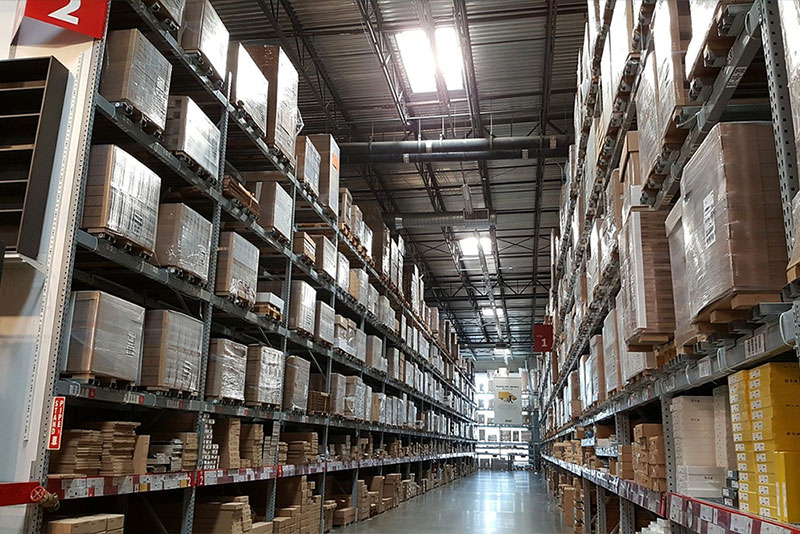When striving for optimal supply chain management, businesses often seek innovative solutions to streamline operations and reduce costs. One such strategy gaining traction is leveraging US overseas warehousing. This approach not only enhances logistical efficiency but also offers several strategic advantages.
One key benefit of utilizing US overseas warehousing is the reduction in lead times. By strategically placing inventory closer to international markets, businesses can significantly cut down on the time it takes to fulfill orders. This is particularly advantageous in industries where rapid delivery is a competitive necessity.

Moreover, US overseas warehousing helps mitigate risks associated with global supply chains. It provides a buffer against geopolitical uncertainties, tariffs, and other disruptions that can impact transit times and costs. This stability fosters smoother operations and enhances overall supply chain resilience.
Efficiency in supply chain management is further bolstered by the consolidation of inventory. US overseas warehousing allows businesses to centralize stock in strategic locations, optimizing inventory levels and distribution. This centralized approach reduces storage costs and minimizes the complexities of managing multiple inventory points.
Additionally, leveraging US overseas warehousing facilitates better customer service. With inventory positioned closer to international markets, businesses can offer faster shipping options and meet customer expectations for timely delivery. This improved service capability can lead to higher customer satisfaction and loyalty.
Strategically, US overseas warehousing supports broader business objectives such as market expansion and scalability. By establishing a local presence in key international markets, businesses can more effectively penetrate new regions and capitalize on growth opportunities. This localized approach also enhances market responsiveness and supports agile business strategies.
In conclusion, integrating US overseas warehousing into your supply chain strategy presents a compelling opportunity to enhance efficiency, reduce costs, and improve customer satisfaction. By strategically placing inventory closer to international markets, businesses can optimize operations, mitigate risks, and capitalize on growth opportunities in an increasingly interconnected global economy.